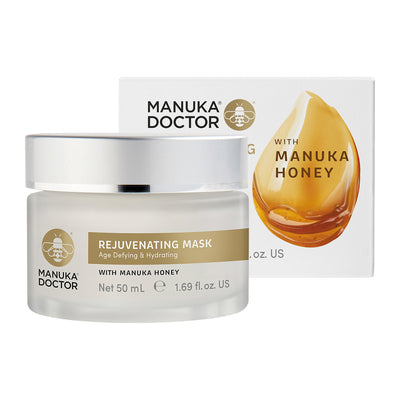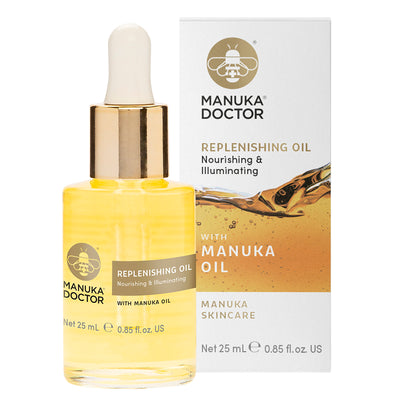What is collagen?
Collagen is a protein – in fact the most abundant protein in the body – and it forms the building blocks that make up much of your body tissues, from skin to blood vessels, cartilage, tendons and heart valves. Collagen provides strength and stiffness to your body’s tissues, protects your organs and joints, and keeps your skin elastic and supple.1
Unfortunately, certain things affect how much collagen our bodies produce:2
• age – as we get older, we produce less collagen, especially after the age of 60
• the menopause – there’s a rapid drop in collagen production after the menopause
• physical wear and tear on our bodies – repeated stress on the body, for example through strenuous exercise, can damage collagen, according to a 2017 study by the University of Utah3
How to boost your collagen
Okay, so there’s not a lot you can do about getting older – but there are ways you can give your collagen a hand and help it regenerate, whatever your age:
-
Take a collagen dietary supplement
Popping a dietary supplement containing collagen is a good idea – researchers think the collagen is digested in your gut, before being laid down in cartilage and other tissues. Manuka Doctor Radiant Beauty contains responsibly-sourced marine collagen – a natural collagen extracted from fish skin. A 2018 US review found that taking marine collagen supplements can improve skin smoothness and reduce wrinkles.4 The other ingredients in Manuka Doctor Radiant Beauty are skin and collagen-friendly, too: vitamin C, which is needed to make collagen for bones, skin, cartilage, blood vessels and other parts of the body,5 while selenium plays a key role in skin and hair health.6 Hyaluronic acid is important for skin hydration7 and Royal Jelly may increase collagen production, according to a 2011 Korean study.8

-
Eat good quality protein
As collagen is made up of protein, eating enough of this nutrient will supply your body with lots of amino acids, which your body can break down and use to stimulate collagen production. Eggs are a good option – egg whites contain two amino acids, proline and glycine, which make up collagen. Another option is to choose meat containing muscle or connective tissue, like chicken or beef, for a ready-made supply of collagen. You can also try preparing your own bone broth. Prefer fish? Make sure you eat the skin – fish meat doesn’t contain much collagen, but its scales do.9
-
Wear high-factor sunscreen daily
Here’s another reason to slap on the sunscreen: UV radiation can break up collagen fibres, according to a 2006 study by researchers at the University of Michigan, USA. The researchers found that the sun’s rays trigger the activity of a group of enzymes that team up to destroy collagen.10 -
Don’t smoke
We all know it isn’t good for our health, but it’s no good for your collagen either. Tobacco smoke not only slows collagen production in the skin, but it also increases levels of collagen-destroying enzymes. Quit smoking, and steer clear of smoky hang-outs.11 -
Cut down on sugar
Curb the white stuff where possible – a diet that’s high in sugar can damage collagen. Glucose and fructose sugars attach to the amino acids in proteins – which of course collagen is made of – to form new molecules, weakening the collagen structure.12

These statements have not been evaluated by the Food and Drug Administration. This product is not intended to diagnose, treat, cure or prevent any disease.



